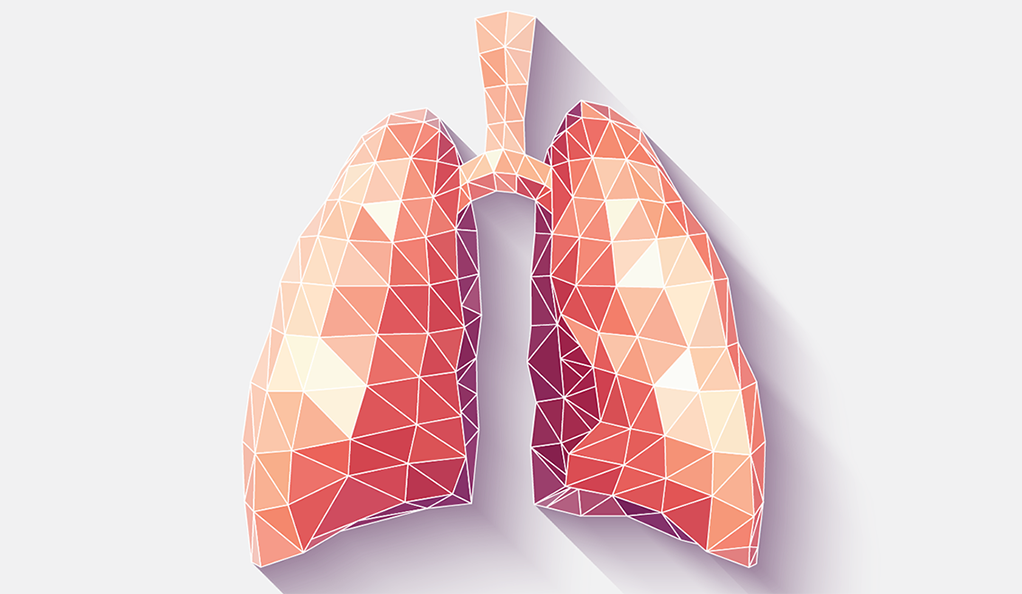First-year student creates lung kit based on COVID-19 to educate children about virus
Sophia De Oliveira ’24 designed a kit modeling the spread of COVID-19 in the lungs in the hopes of educating children about the virus in an engaging and age-appropriate way.

Yale News
A first-year student in Yale College has designed a lung kit that models how COVID-19 spreads to help educate children on the virus.
Sophia De Oliveira ’24 created the kits to help children understand COVID-19 and how it affects the lungs. Six hundred kits were distributed last month to children across the country by Project Empower — a nonprofit Oliveira founded while she was still in high school that “works to inspire or empower students from minority backgrounds to pursue careers in STEM.” Carla Horwitz, a lecturer in Education Studies at Yale College and director emerita of the Calvin Hill Day Care Center, also assisted Oliveira in designing the kits.
“COVID is a really touchy subject, and it’s hard to figure out what’s appropriate to say to a child and what’s not,” Oliveira said. “We had the idea to make a COVID kit where a student would basically make a model of the lung and learn about how COVID works.”
The nonprofit typically runs an afterschool program at a bilingual elementary school in Monona, Wisconsin, near Oliveira’s hometown, but was forced to cancel its in-person programming in early 2020 due to the pandemic. To replace the in-person sessions, Project Empower shifted to shipping boxes with science experiments to children. The boxes contained three simple experiments — including a bouncy ball and a balloon powered car — that children can perform from the safety of their own homes. Oliveira said that the boxes were well received, but many parents expressed concerns about explaining the pandemic to their children.
Although Oliveira came up with the idea this past summer, she was unsure if she should actually create them because she said the virus is such a sensitive issue. During the fall semester, she asked faculty in the Education Studies Program at Yale whether her idea would be appropriate for children before deciding to go forward with the project with the help of Horwitz.
The kits consist of two sponges, two straws, two pipe cleaners, a pair of goggles and a stethoscope. Children blow air through the straws and into the sponges — which represent the lungs — and listen to the air passing through the sponges using a stethoscope. The experiment is performed once with a dry sponge, representing the healthy lung, and then once with a sponge that has been soaked in soapy water, representing the inflamed lung of a person infected with the coronavirus.
“At this point they hear a lot of crackles and they can hear that the air has a really hard time passing through,” Oliveira said. “COVID makes it harder for us to breathe, it makes it harder for the air to pass through our lungs because fluid accumulates in the lungs.”
Throughout the process of designing the lung kits, Oliveira shared her ideas with Horwitz. Horwitz explained that her involvement primarily focused on the details of the kit and the instruction booklet that comes with it. She made some changes to ensure that children would understand the language being used and suggested including a stethoscope since most children are familiar with the device.
“We want to know what children know before we start giving them a whole lot of information that maybe they don’t need and maybe they can’t process,” Horwitz said.
Horwitz explained that because young children think very concretely, it can be difficult for them to understand abstract concepts such as a virus. The model of the lung is something tangible that children can interact with, so they are able to visualize COVID-19 and better understand it.
Sophia De Oliveira’s brother, Nickolas De Oliveira, joined Project Empower last spring and worked with her to design the first batch of remote boxes sent out. After receiving positive feedback on that project, he started working with his sister to create the COVID-19 lung kits.
“Countless parents, grandparents, and educators reached out to us to tell us about how helpful the kits have been in teaching their children and/or students about COVID-19 and the ongoing pandemic,” Nickolas De Oliveira wrote to the News in an email. “Further, many parents have reached out with short stories about how the kit has motivated their children to become more interested in health and science in general, which has been the fundamental goal of Project Empower.”
Because the kits are free, Project Empower relies on donations to pay for the supplies and shipping. They accept donations on their website and also through GoFundMe.
Moving forward, the nonprofit hopes to create similar kits to address difficult health and science concepts.
“We’re going to kind of translate that same model into other illnesses and diseases in the hopes of educating more children about public health,” Oliveira said.
Project Empower was founded in 2018.
Aislinn Kinsella | aislinn.kinsella@yale.edu







